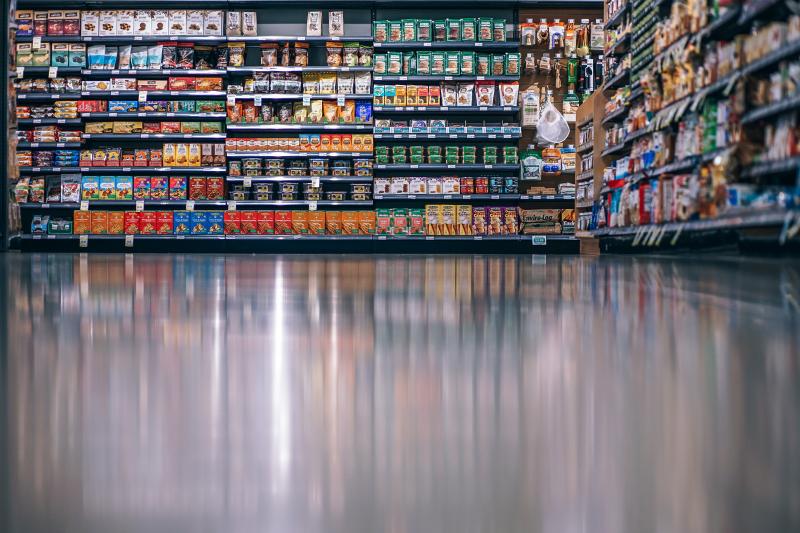
New Jersey Senate and Assembly Democrats must be short on oxygen if they think anyone is going to buy that their new bag tax is meant to help the environment.
The plan is a blatant money-grab that sends every penny of its revenues to the general fund – not toward protecting the environment. The 5-cent tax on traditional plastic and paper bags (A-3267/S-2600) is a regressive tax that will hurt New Jerseyans who can least afford the extra cost, all because Trenton can’t stop increasing spending.
It’s part of the legislature’s budget, now passed and awaiting veto, that included other hikes like a massive corporate tax increase. They were countering Governor Murphy’s $1.7 billion in tax hikes included in his $37 billion-plus spending plan.
Of course, the tax has been pitched as a much needed action to help the environment, but a little scrutiny reveals it to be a money grabbing tactic to compensate for government inefficiency.
The way consumption taxes such as this one are always sold to the public is with promises of environmental progress and much needed financing of specific public projects supported by voters. The reality never equals the pitch.
With regard to the environment, disincentivizing plastic bag use could do more harm than good. Today, New Jersey residents use plastic bags for everything from lining wastebaskets and packing lunches, to picking up after pets.
To avoid taxes on these bags, Garden State citizens will switch to other plastic options instead. When a similar tax, for example, was imposed in Ireland, the use of plastic trash-can liners doubled.
Many residents will also purchase more expensive reusable bags, and contrary to the sales pitch from lawmakers, the switch to reusable options comes with serious downsides for the environment. Most of these bags are made from woven or flat sheet fabric polypropylene. This material, while more durable than traditional plastic bags, is not recyclable. A British environmental agency found that reusable bags needed to be used more than 14 times to be better for the environment than traditional bags, but were only used between 10 and 12 times on average.
As previously noted, New Jersey’s 2019 budget predictably allocates all $23 million of the bag tax revenue to the general fund, where it will fuel New Jersey’s expensive special-interest machine.
Fortunately, this tax is part of a budget package Governor Murphy has promised to veto. Unfortunately, it is now part of all the tax increases that are on the table as lawmakers figure out what the final budget will look like.
The fact such a blatantly regressive tax is on the table shows how badly Trenton has failed to control its budget.

